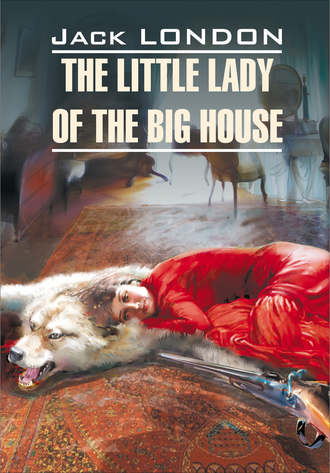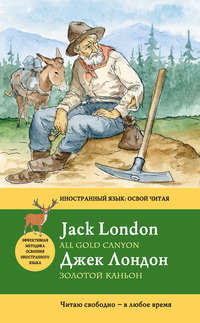The Little Lady of the Big House / Маленькая хозяйка большого дома. Книга для чтения на английском языке

Полная версия
The Little Lady of the Big House / Маленькая хозяйка большого дома. Книга для чтения на английском языке
Жанр: зарубежная классикалитература 20 векаизучение языкованглийский языклексический материалтекстовый материалистории о любвиамериканская классиказнания и навыкикниги для чтения на английском языке
Язык: Английский
Год издания: 1916
Добавлена:
Настройки чтения
Размер шрифта
Высота строк
Поля
Конец ознакомительного фрагмента
Купить и скачать всю книгу











